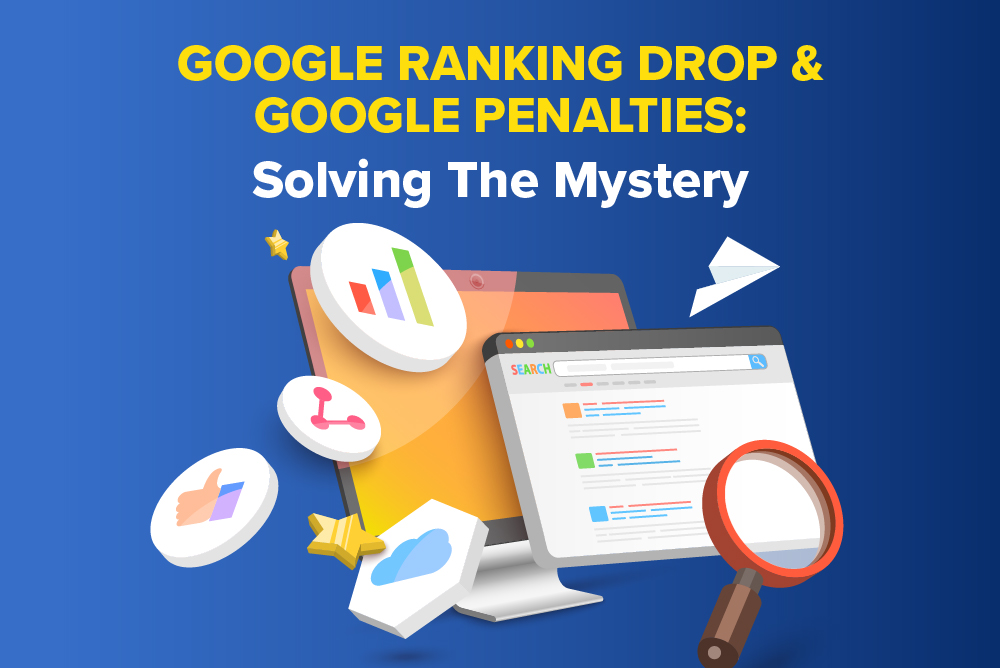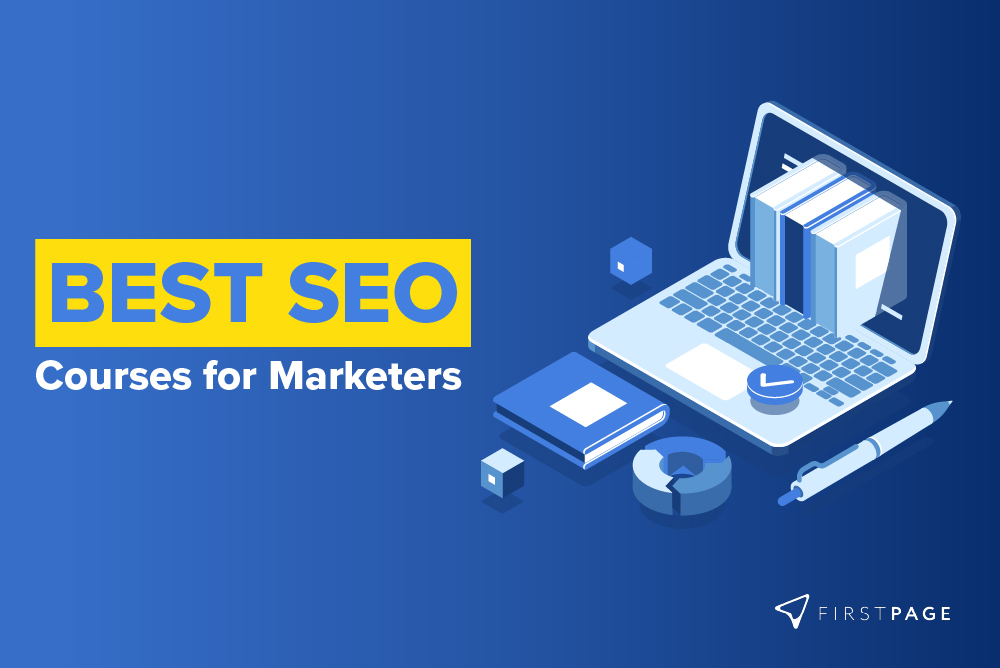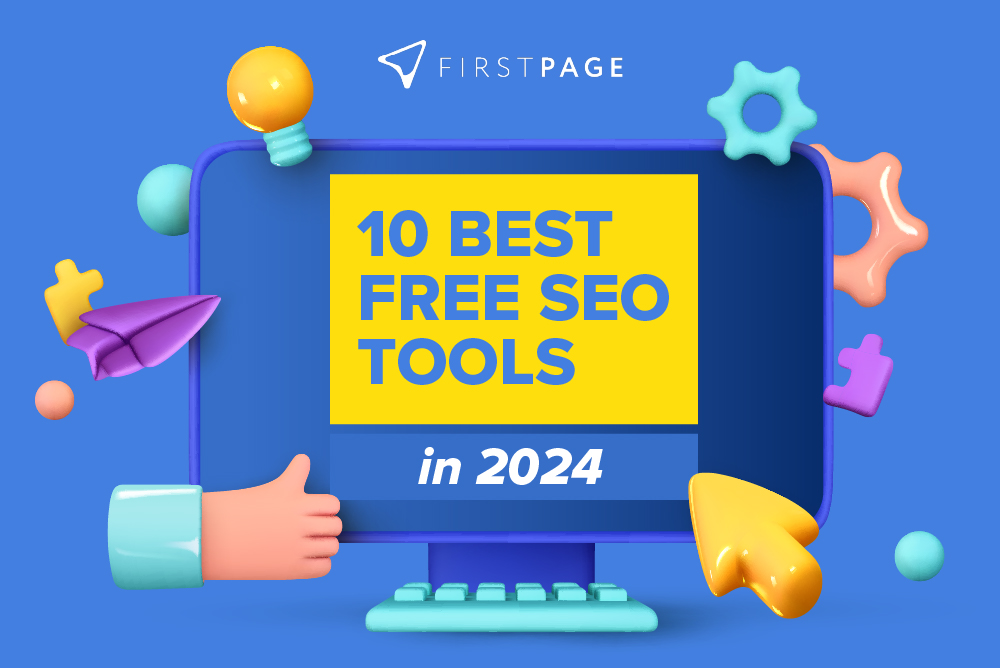
We all know that Wikipedia is a formidable competitor when it comes to search engine rankings. Its pages enjoy the benefit of millions of inbound links and a significant amount of direct type-in traffic. But in a recent campaign for DirectAsia, a leading insurance company in Singapore, our team used innovative SEO strategies to rise above Wikipedia to number 1 in Google’s search rankings momentarily. This achievement is a testament to the power of smart SEO and a well-thought-out content strategy.
Let’s delve into our SEO team’s precise strategy to optimise an article, enabling it to outrank the encyclopaedia giant on Google.
Crafting Content With User Intent In Mind

We owe a great deal of our success to the astute insights and expertise of one of our dedicated SEO specialists, Nigel. As a key player in our SEO team, he was instrumental in shifting our perspective and adopting a new content strategy that prioritised user intent.
When asked how he helped our client achieved this significant feat, he shared, “When I first saw the article, I realised that its format as an FAQ blog post presented an issue in terms of ranking. People don’t generally search for ‘faq keywords’; they directly input the question they have in mind. This inspired a pivotal change in our content strategy.”
He further explained how he leveraged Google’s Natural Language Processing (NLP) capabilities, which allow Google to match users’ queries to web pages that best fit their intent. By adopting this strategy, Nigel effectively redefined our approach to content creation, paving the way for the client’s article to rise all the way to the top of the rankings.
This crucial shift allowed us to design our content around specific user queries, a move that resulted in content creation that was a more effective match with search intent and gave our content an edge in search rankings.
The magic began when we started rethinking our approach to content. Traditionally, we designed FAQ blog posts around broad topics such as ‘driving license FAQs’. However, we realised that, in reality, people don’t search for such general phrases. Instead, they directly input the question they have in mind. As such, ‘faq keywords’ aren’t as valuable as specific query-based keywords.
When we turned to Google Search Console (GSC), it confirmed Nigel’s theory. Google didn’t associate our blog post with any ‘faq’ keyword. So, we pivoted and started designing content around specific user queries, utilising Google’s Natural Language Processing (NLP) capabilities. This approach ensured that our content matched search intent more effectively, giving it an edge in search rankings.
The Power Of In-Depth Competitor Analysis

We then turned our focus towards comprehensive competitor research. This exercise gave us invaluable insights into the most effective keywords and the types of content our competitors were leveraging in their articles.
Armed with this knowledge, we embarked on a mission to revamp our article, adding information our competitors had yet to see. This approach ensured our content was high-quality and valuable and made it unique, allowing it to stand out from the crowd.
SEO: It’s Not All About Backlinks
A common misconception in SEO is that backlinks are the be-all and end-all of a successful SEO strategy. However, we found success in our mission without focusing on acquiring backlinks. Our results were driven purely by on-page SEO, a refreshing reminder that content is king.
Keeping an eye on performance metrics
To gauge the effectiveness of our strategies, we relied on Ahrefs and GSC to monitor our article’s performance over time. We could assess if our new search intent closely matched our keywords by tracking the number of ranking keywords and monthly average users.
Exploring link building for long-term success
Despite our success, we understand that SEO is a long-term game, and we will need more than resting on our laurels. Hence, to ensure our article’s continued visibility and ranking, we are exploring the idea of off-page SEO, specifically link building. We believe that garnering links from authoritative sites could play a critical role in sustaining our rankings in the long run.
Key Takeaways: Your Roadmap To SEO Success
- Prioritise user intent: Use Google’s NLP to your advantage and craft content around specific user queries.
- Perform thorough competitor analysis: Identify the most effective keywords and understand the types of content your competitors are using. This insight can guide you to create high-quality, unique content.
- Don’t overlook on-page SEO: You can achieve impressive results even without backlinks. Remember, quality content is king.
- Monitor performance metrics: Use tools like Ahrefs and GSC to keep track of your content’s performance and adjust your strategy as needed.
- Consider link building for long-term success: Off-page SEO, specifically link building, can help your content maintain its ranking in the long run.
The victory of outranking Wikipedia was a fantastic achievement for us, but it also sheds light on the evolving world of SEO. It reiterated that understanding the user’s intent and solid content strategy can drive fantastic results.
Leveraging SEO Best Practices

While our success story revolved around user intent, competitor analysis, on-page SEO, performance metrics, and link-building, a broader SEO landscape merits your attention. Here are some universal SEO best practices that can underpin your strategy:
1. Responsive design
Ensure your website is responsive, meaning it should adapt seamlessly to whichever device a visitor uses, be it desktop, tablet, or mobile. Google tends to reward websites that offer a user-friendly experience across all devices.
2. Site speed
Webpage load speed impacts your search engine rankings. Google’s algorithm prioritises websites that load quickly, providing a smoother user experience. Both desktop and mobile site speed matter, so ensure your website is optimised for both.
3. Mobile-friendliness
With over 50% of global web traffic coming from mobile devices, having a mobile-friendly website is no longer optional. Google follows a mobile-first indexing approach, meaning it will primarily use the mobile version of your site for indexing and ranking.
4. Regular site audits
A regular site audit allows you to spot potential issues before they become serious problems. Whether it’s broken links, duplicate content, or poor metadata, addressing these issues can significantly improve your site’s SEO performance.
Incorporating these practices into your SEO strategy can help you build a solid foundation, supplementing your tailored strategies and driving continued success. And if you’re interested in learning more about SEO best practices, check out these other resources:
- Conquer SEO With Title Text & Alt Text Best Practices
- Behind The SEO Curtain: How To Add Keywords In The Right Places
- The SEO Alphabet Soup: Breaking Down Google’s E-A-T
- Best SEO Courses, Training, And Certifications In Singapore
Ready To Conquer SEO?

Even briefly, our journey to outranking Wikipedia taught us some valuable lessons. SEO isn’t about chasing quick wins or using a one-size-fits-all approach. It’s about understanding your audience, creating high-quality content, and utilising data to inform your strategy.
Interested in learning more about how we can assist you in achieving your SEO goals? Get in touch with us for a consultation today. We offer bespoke SEO services tailor-made to your needs, helping you drive traffic, increase visibility, and achieve sustainable success. The world of SEO is vast and continually evolving, and we’re excited to explore it with you. Let’s conquer SEO together!

















